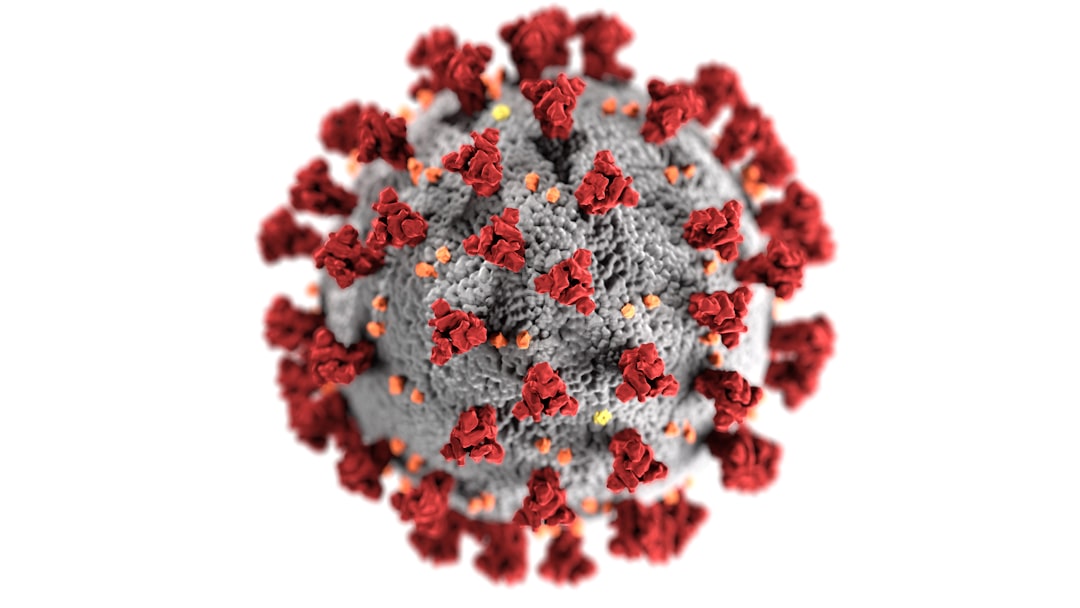What is it about?
Healthcare workers were recognized as high risk population during COVID-19 pandemic by virtue of their occupation and were therefore prioritized to be vaccinated when the COVID-19 vaccines were rolled out. This study showcases the immune response as determined by laboratory measurements in the healthcare workers over a period spanning close to 18 months following vaccination. The study also highlights breakthrough infections and factors that influenced the immune responses
Featured Image

Photo by Jorge Tung on Unsplash
Why is it important?
The study and its findings are important as they provide scientific evidence of immunity, and the waning of the immune response with time. Importantly, breakthrough infections in the vaccinated did not lead to hospitalization indicating clinical protection despite the infection. The vaccine coverage in this institution was higher than reported national average and demonstrates the results of deliberate and targeted promotion of vaccination in a high risk group. Assuring for health institutions leadership that when effective vaccines are administered to health workers, they are protected from severe disease, not just Covid-19 but other infectious diseases they may be exposed time in the line of duty.
Perspectives
Having determined the seroprevalence of SARS-CoV-2 infections prior to vaccine roll out, proceeding to carry out this study was fulfilling for me and my coauthors, and the participants as they got to know that indeed they had mounted an immune response and they felt reassured they were protected
Daniel Maina
Aga Khan University
Read the Original
This page is a summary of: Post-vaccination SARS-CoV-2 IgG spike antibody responses among clinical and non-clinical healthcare workers at a tertiary facility in Kenya, PLoS ONE, April 2024, PLOS,
DOI: 10.1371/journal.pone.0299302.
You can read the full text:
Resources
Contributors
The following have contributed to this page










